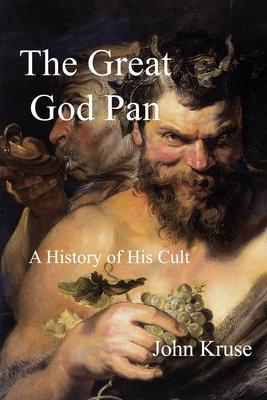The revived cult of Pan recognizes him as the god of fields, groves and wooded glens. This connects him to fertility and the season of spring, with his entourage of fauns and satyrs pursuing and copulating with woodland nymphs.The word panic also ultimately derives from the god's name. He is the eponymous Piper at the Gates of Dawn in The Wind in the Willows. In the late 19th century Pan became an increasingly common figure in literature and art. and there was an astonishing resurgence of interest in the Pan motif. He appears in poetry, in novels and children's books, and is referenced in the name of the character Peter Pan.The conception of Pan has continued to evolve. He is now seen by many as an eco-guardian, a protector of the landscape and natural resources from human depredations. He remains a relevant and vital figure.

The revived cult of Pan recognizes him as the god of fields, groves and wooded glens. This connects him to fertility and the season of spring, with his entourage of fauns and satyrs pursuing and copulating with woodland nymphs.The word panic also ultimately derives from the god's name. He is the eponymous Piper at the Gates of Dawn in The Wind in the Willows. In the late 19th century Pan became an increasingly common figure in literature and art. and there was an astonishing resurgence of interest in the Pan motif. He appears in poetry, in novels and children's books, and is referenced in the name of the character Peter Pan.The conception of Pan has continued to evolve. He is now seen by many as an eco-guardian, a protector of the landscape and natural resources from human depredations. He remains a relevant and vital figure.